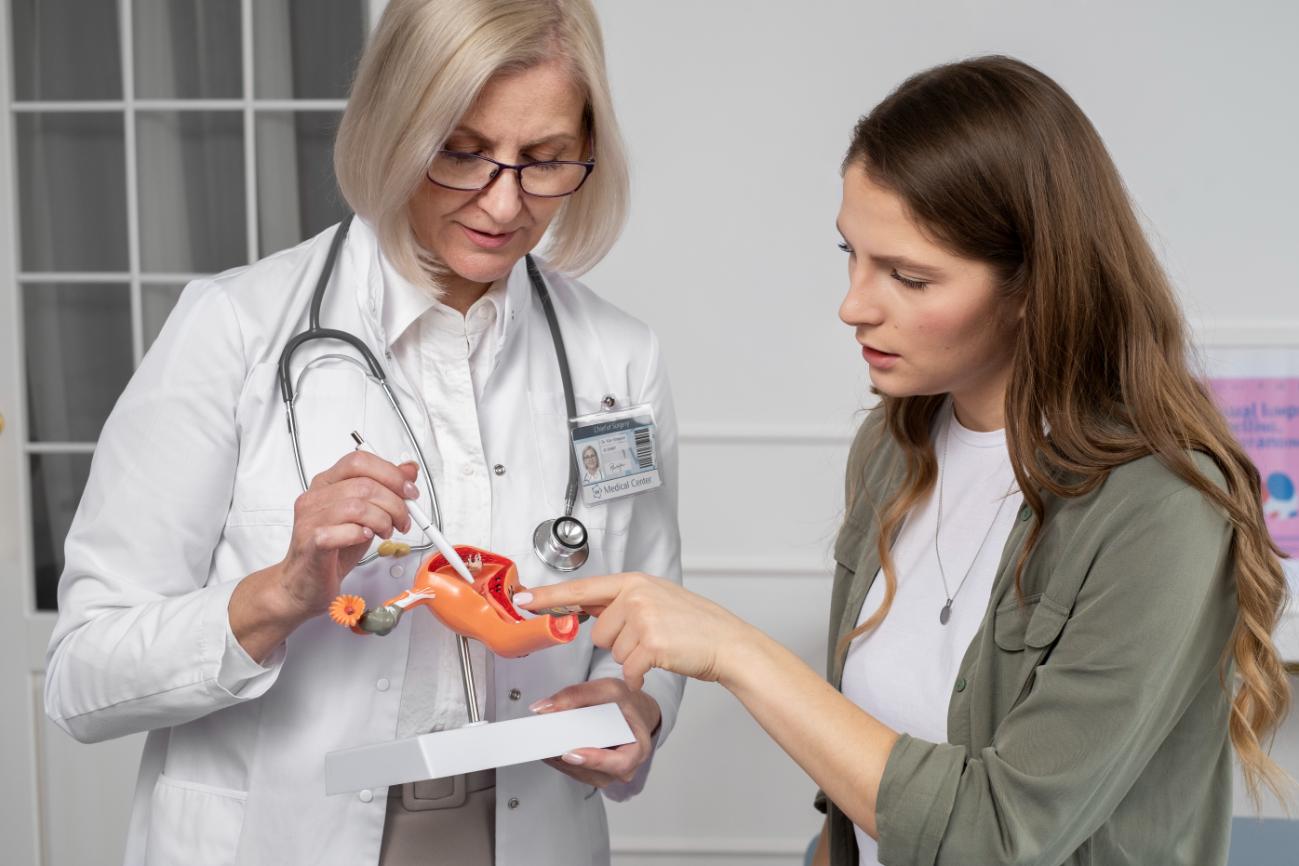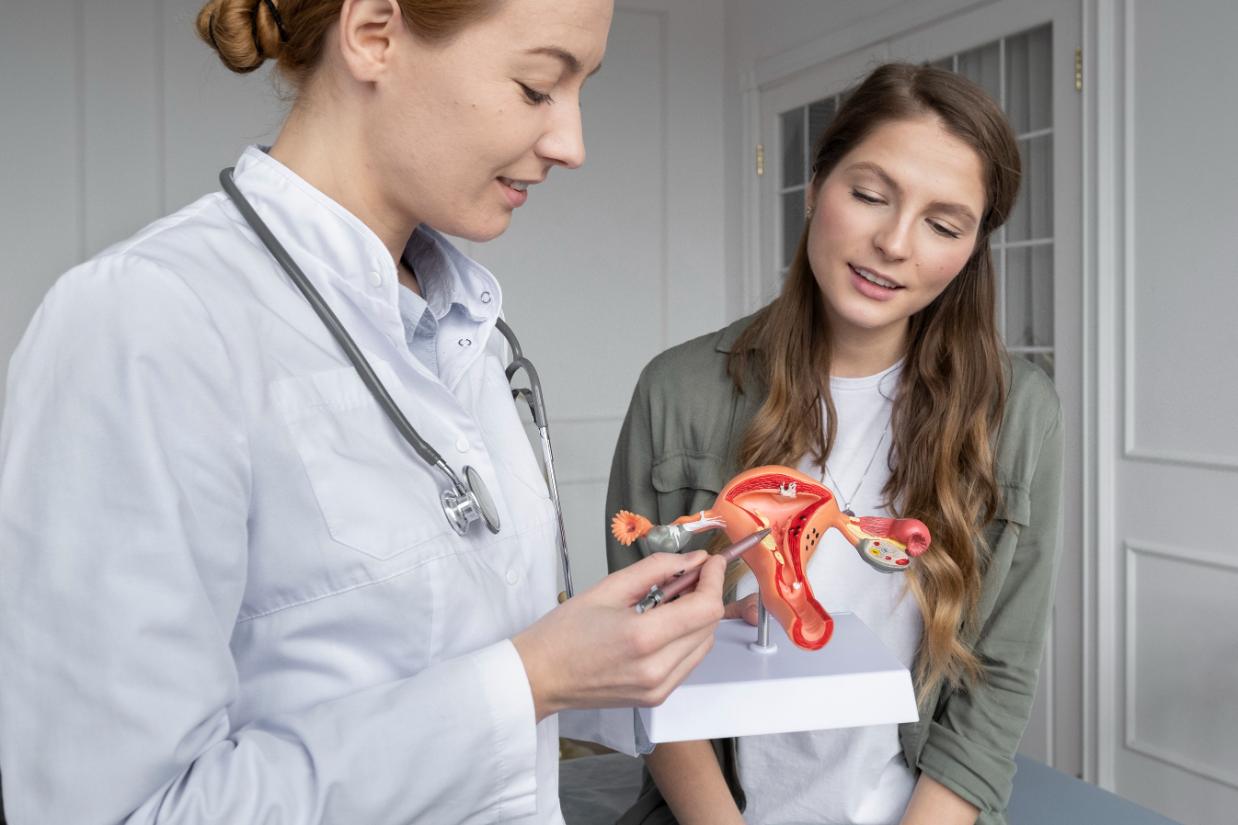
Every little or big change that happens throughout the period of pregnancy is often attributed to the peculiar set of hormones coursing through the woman’s body. The role played by hormones cannot be underplayed as this can range from helping the uterine lining to become a soft, safe place for the baby to grow, to triggering the breasts to produce milk, to even helping the baby’s bones to take shape.
When the hormones get busy readying the woman’s body, they can also be responsible for certain unexciting happenings like nausea, brain fog, irritability or being super emotional. Let’ look in detail at the most important pregnancy hormones playing the lead and side roles. Each of these hormones have a specific list of duties to perform before, during and after pregnancy.
Estrogen – The major female hormone responsible for reproductive development right from kickstarting the menstrual cycle. Produced by the ovaries and later by the placenta, estrogen helps the uterus grow, maintain uterine lining, regulate other key hormones and triggers the development of baby’s organs. Estrogen also promotes the growth of breast tissue and helps milk flow when it is time for breastfeeding.
Progesterone – Enters the scene right after ovulation by helping the uterine lining to become receptive to implantation of a fertilized egg. Progesterone may also contribute to issues like heartburn, indigestion, constipation, bloating, bleeding gums. Progesterone plays a role in helping to soften ligaments and cartilage, and loosening joints to prepare for labor.
Follicle stimulating hormone (FSH) – This hormone directs the ovaries to make eggs and estrogen and this hormone is crucial to launch pregnancy and is present even before conception takes place.
Luteinizing hormone (LH) – This hormone teams up with FSH to orchestrate menstrual cycle and it triggers the release of an egg from the ovary. When LH levels are higher than normal, ovulation may be impacted or hormones may be imbalanced and this could be the scenario for conditions like polycystic ovarian syndrome (PCOS).
Human chorionic gonadotropin (hCG) – The shining star of pregnancy! The cameo of this hormone can be expected right before pregnancy taking place. This hormone boosts the production of estrogen and progesterone that are the most essential for a healthy pregnancy. hCG levels peak between weeks 7 and 12 and then falls at the start of second trimester.
Prolactin – This milk hormone is crucial to get lactation rolling. This can help enlarge breasts to produce the milk to nourish the baby after delivery.
Placenta growth factor – Helps encourage blood vessel growth which in turn transports the increased blood volume needed to nourish and support a growing baby. Not having enough of this can lead to hypertension or possibly preeclampsia.
Human placental lactogen (hPL) – This hormone is again connected to milk production. Produced by the placenta to adjust the body’s metabolism to feed the baby and this makes the liquid gold colostrum.
Relaxin – This hormone increases right after ovulation and this helps to prep the uterine wall to get it ready for pregnancy. As the name hints, this hormone helps to relax muscles, bones, ligaments and joints in the pelvis in preparation for labor. Relaxin also softens and lengthens the cervix.
Oxytocin – The mothering hormone is the muscle-contracting hormone mostly known for stimulating labor contractions. Following the delivery, oxytocin helps to shrink the uterus and direct milk into the breasts.
Here’s where you can reach us for appointments or for answers to all your pregnancy related questions
http://www.kjkhospital.com/contact-us/
Phone Numbers: 0471-2544080, 2544706
Email: kjkqueries@gmail.com
Subscribe to KJK Hospital YouTube Channel and stay updated with the latest in Pregnancy and Infertility.
Subscribe Here –





